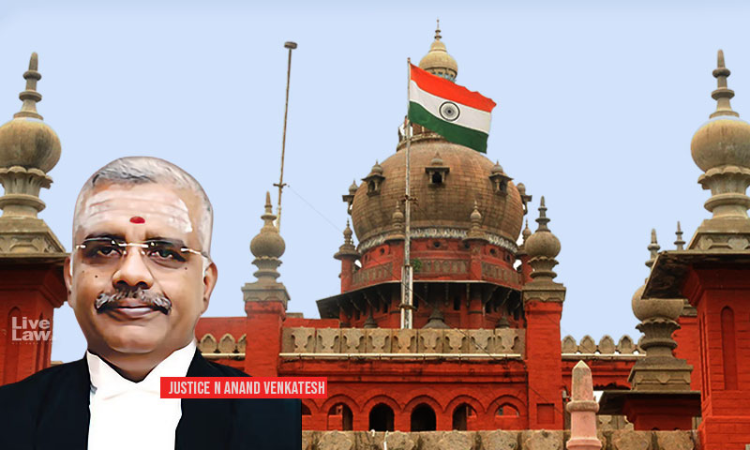Madras High Court Directs IRDAI To Treat AYUSH On Par With Allopathic Treatments For Medical Insurance Reimbursement
Upasana Sajeev
5 Dec 2023 8:33 PM IST

Next Story
5 Dec 2023 8:33 PM IST
In a significant move, the Madras High Court has asked the Insurance Regulatory and Development Authority of India (IRDAI) to treat AYUSH treatments on par with Allopathy treatments while reimbursing expenses incurred during treatment. Stressing the work done by AYUSH doctors during the pandemic, Justice Anand Venkatesh observed that during COVID-19, traditional medicines...
